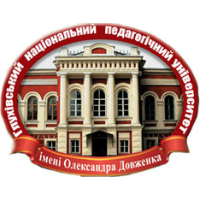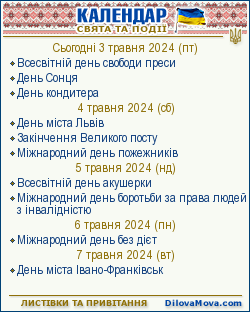 English
English Русский
Русский Українська
Українська
Мови
CHAPLYGIN V. Р. Self-knowledge and historical practice in Russia.
Relevance of self-study is, first and foremost, a critical study of society. The problem of this is that throughout its history, reflection, self-awareness behind the utilitarian tasks that society solved. This led not only to slow down development, but also the mass emergence of utopian myth-perceptions of reality, the development of society as a whole led to disorganization and devastating consequences on a national scale. It's not one or more of the wrong decisions, and utopian systematic practice.
The article examines the history of the formation of public consciousness in Russia; special attention is paid to the peculiarities of its formation.
The influence of Manichean, Scythian and other border cultures with the Slavic world in the modern mentality of Russians is shown. In Slavic folklore attention focuses on the antithesis of "Truth-Injustice". It can be summed up that a straightforward opposition of good and evil, the emotions the characters are in black and white characterized the original public consciousness of the Slavic ethnic group: either joy or sorrow. Such dualism in the original culture was common to all peoples. But the idea of synthesis polarity made its way firstly into elitist culture, and then became the property of the general population.
However, the problem of overcoming the extremes in Russia delivered only in the end of XIX century. This search was not high demanded practice. After the October uprising of 1917 in Russia prevailed only one pole. At present, the formation of the middle culture begins, and this process will continue for a very long time because the socio-cultural division of society is not overcome. As a result modernization in present conditions is constrained largely because of the lack of support of the general population.
The study of the nucleation of Russian centralized state around Moscow leads the author to the conclusion that even the beginning of the XX century in Russia had not developed a unified type of consciousness. Country at this time was a peculiar social phenomenon. On its territory there were enclaves of different types of civilizations. They were European, Islamic, Buddhist and others. Accordingly, there were different types of social consciousness. As a result, attempts to mechanical transfer to Russian soil the western type of public consciousness every year enhance its rejection.
The dramatic situation of the modern Russian society is that in the world there are no examples of this new state of society. Attempts to mechanically transfer to the Russian soil of the Western type of social consciousness every year enhance its rejection.
Key words: public mind, culture, folklore, civilization.
- 753 reads





